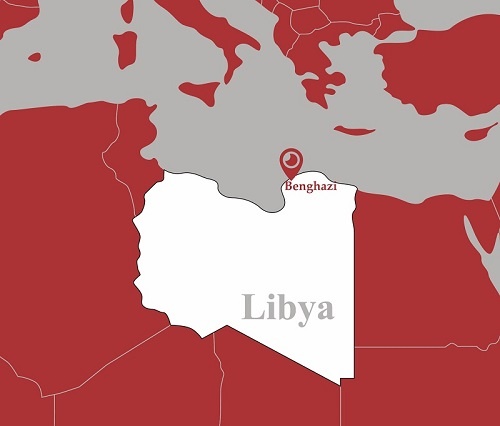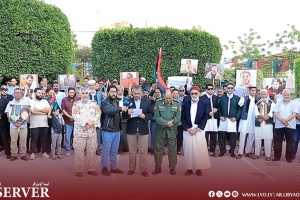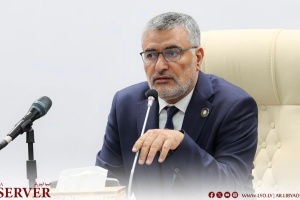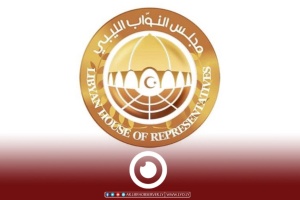The Steering Committee of the Municipality of Benghazi, which represents one of the components of the displaced people from Benghazi in the western region, announced in an official statement its full support for the necessity of accountability for international crimes as a fundamental precondition for achieving lasting national reconciliation and stability in Libya.
The statement reaffirmed its support for the statement issued by the co-chairs of the Working Group on International Humanitarian Law and Human Rights and the United Nations Mission, in cooperation with the International Criminal Court (ICC) in The Hague, on March 07, which emphasized the importance of accountability for international crimes.
The Steering Committee called on the Presidential Council, as the authority responsible for the national reconciliation program, to “assume its responsibilities in implementing policies that ensure transitional justice and effective accountability, which would achieve justice for victims and restore citizens’ trust in state institutions.”
The committee also stressed the important role that the Ministry of Justice should play in “strengthening legal frameworks, cooperating with the International Criminal Court, and fulfilling international obligations aimed at achieving swift justice, ensuring a fair and transparent trial for all those who committed serious violations against Libyans.”
The statement reiterated that achieving justice is “the solid foundation for any successful national reconciliation process,” warning that “impunity will only prolong the crisis and threaten the path to peace and stability in Libya.”
It called on all concerned parties, both locally and internationally, to “assume their responsibilities to ensure accountability and achieve justice in line with the aspirations of the Libyan people to build a state based on the rule of law and respect for rights.”
In a joint statement last Friday, the Netherlands, Switzerland, and the United Nations Support Mission in Libya (UNSMIL), as co-chairs of the Working Group on International Humanitarian Law and Human Rights, reaffirmed that accountability for international crimes in Libya is essential for achieving lasting peace, stressing their full support for the work of the International Criminal Court in this regard.








